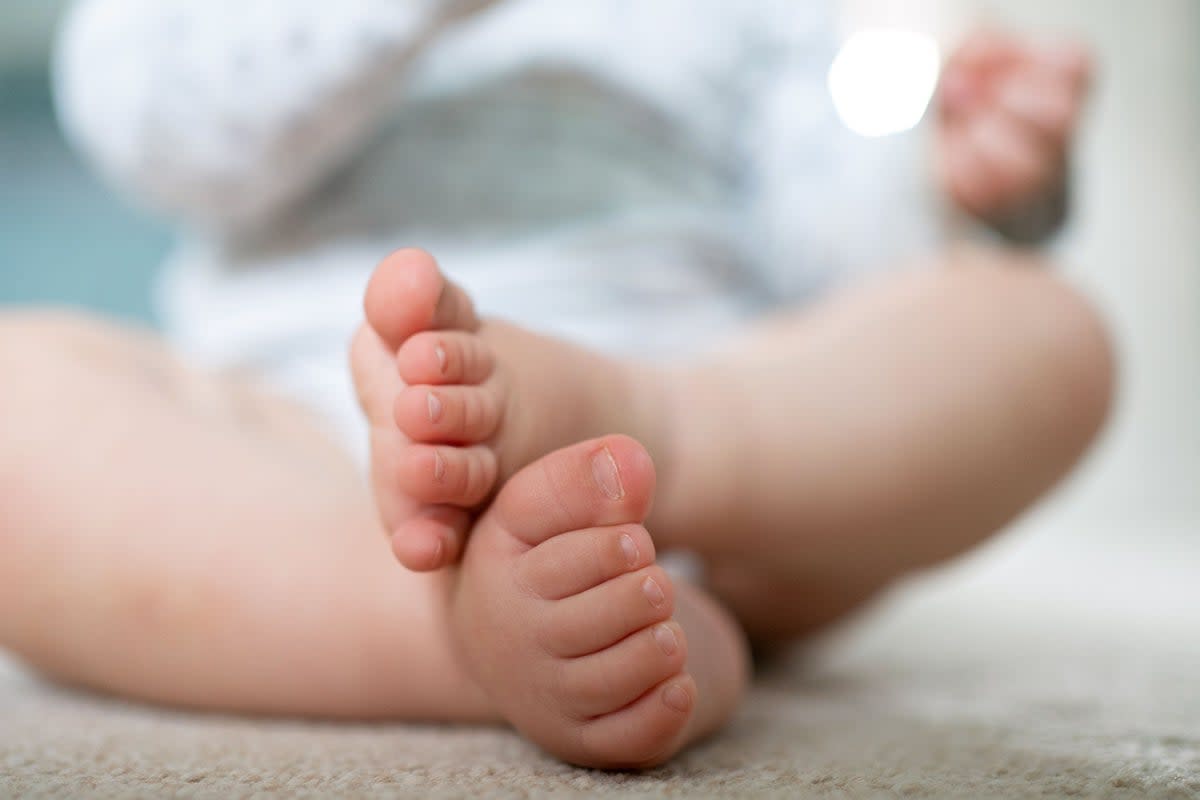How Covid ‘pandemic babies' developed allergy protection - Tech & Science Daily Podcast

A team of Irish researchers say so-called ‘pandemic babies’, i.e. those born during the first lockdown in 2020, developed stronger defences against disease.
The team believe it is largely thanks to their microbiome.
They looked at faecal samples of 351 babies born in the first three months of the lockdown, and found they had more of the beneficial microbes acquired after birth from their mother, than their pre-covid counterparts.
They had lower than expected rates of allergic conditions, such as food allergies, compared with pre-pandemic babies, and of the lockdown babies only 17 per cent needed an antibiotic by the age of one - in the pre-pandemic group, 80 per cent of infants had taken antibiotics by 12 months.
It’s thought as they weren’t exposed to germs, those born in lockdown developed fewer infections, reducing the need for antibiotics, which kill good bacteria.
In gaming; there’s more evidence to suggest that the next-gen Nintendo Switch won’t be released until next year.
The latest report suggests the new console will arrive no earlier than March 2025.
It’s thought the delay by Nintendo is designed to give game developers more time to create popular titles.
Leakers and analysts reckon the Switch 2, when it does eventually get released, will have a bigger eight-inch screen, improved controllers, and more power courtesy of a custom Nvidia T239 chip.
A US-Russian crew have blasted off to space for a six-month mission to carry out around 200 experiments in low-gravity.
The launch happened at around 4am UK-time on Monday morning, as three astronauts and one cosmonaut blasted off towards the International Space Station, aboard a SpaceX rocket.
Their research includes growing artificial replicas of human organs to study degenerative diseases in the low-gravity environment, which isn’t possible on Earth.
A new AI chatbot called Le Chat Mistral is being backed by Microsoft.
The bot is free to use, is second only to ChatGPT for its reasoning capabilities, and it lets users ask questions of up to 20,000 words.
The chatbot has been developed by a French AI start-up called Mistral, which recently secured an investment for an undisclosed amount from Microsoft, and the company founder Arthur Mensch said “Microsoft’s trust in our model is a step forward in our journey to put frontier AI in everyone’s hands”.
Also in this episode:
MIT tests show high-temperature superconducting magnets are ready for fusion power, Spotify accuses Apple of scare tactics over new EU competition rules, and killer whale versus great white shark caught on camera.
Listen above, find us on Apple, Spotify or wherever you stream your podcasts.

 Yahoo News
Yahoo News 
